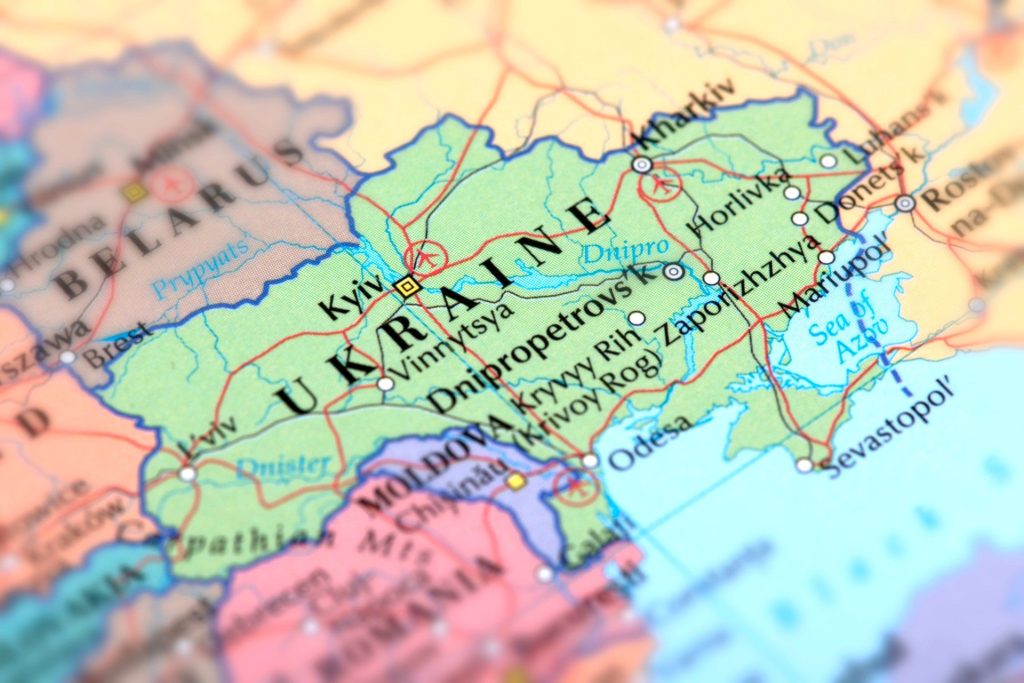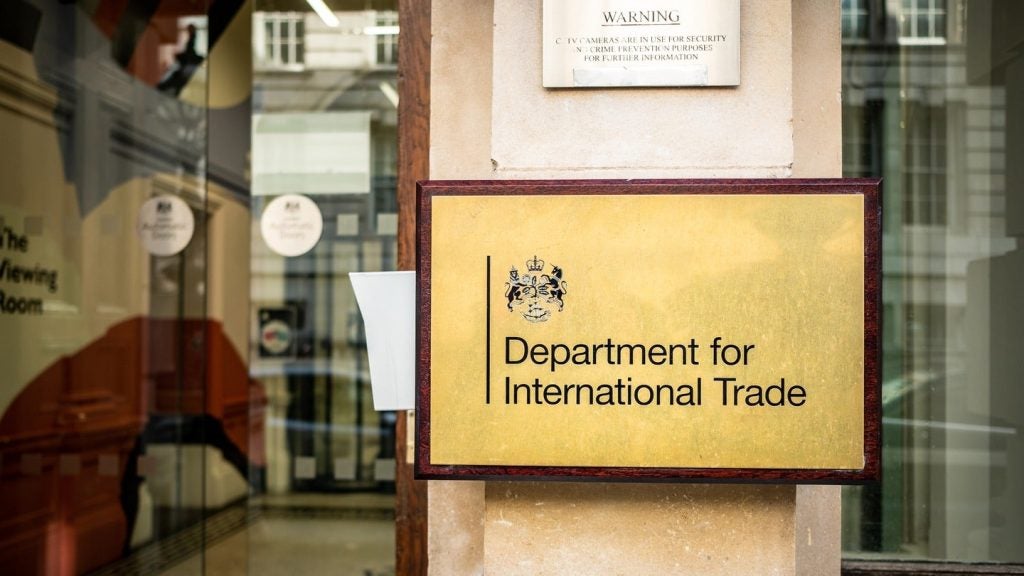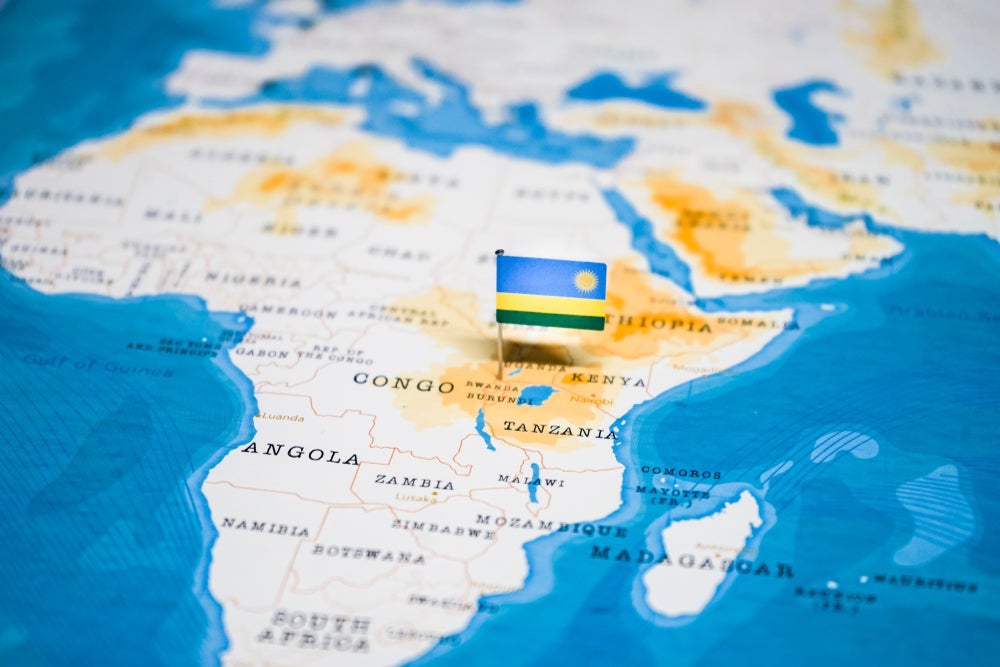Rwanda’s card payments channel experienced rapid growth during the review period. The number of cards in circulation increased at a CAGR of 148.95%, from 12,045 cards in 2008 to 460,914 in 2012. This growth was primarily driven by banks’ aggressive marketing strategies and the central bank’s measures to increase the awareness of card-based payments among consumers. The number of cards in circulation is expected to increase from 690,967 in 2013 to 1.4m in 2017, after registering a forecast-period CAGR of 19.78%.
Expansion of payment infrastructure to support card payments
Payment infrastructure, including the ATM and POS terminals network, is growing considerably in Rwanda. The number of ATM machines increased from 167 in 2011 to 232 in 2012, while the number of POS terminals increased from 227 to 385 during the same period. In 2011, the government of Rwanda collaborated with Visa with the aim of increasing card-based transactions. The Visa National Net Settlement System (VNSS) went live in March 2012 and six banks had joined the system by the end of June 2012. Improving payment infrastructure is expected to accelerate card payments in Rwanda further over the forecast period.
Expansion of distribution channels to tap unbanked population
Banks and card issuers in Rwanda have been increasing their presence in the country to reach out to a larger customer base and increase market share. To increase the customer base, banks are focusing on rural areas through mobile branch banking and agency banking. Through these strategic initiatives, banks are encouraging the unbanked population in rural areas to open bank accounts and avail loans. The Bank of Kigali and Equity Bank adopted the agency banking model to serve the rural and urban populations. In 2012, the Bank of Kigali introduced mobile branch banking, where mobile vans are equipped with banking systems to reach those in rural areas.
Rising mobile subscriptions driving payment systems
How well do you really know your competitors?
Access the most comprehensive Company Profiles on the market, powered by GlobalData. Save hours of research. Gain competitive edge.

Thank you!
Your download email will arrive shortly
Not ready to buy yet? Download a free sample
We are confident about the unique quality of our Company Profiles. However, we want you to make the most beneficial decision for your business, so we offer a free sample that you can download by submitting the below form
By GlobalDataMobile phone use grew during the review period, with 6.1m people, equivalent to 54% of the population, using mobile phones in March 2013. MTN Rwanda, the leading telecom provider in the country, has recorded growth in mobile transactions since their creation in 2010, as the value of transactions reached US$139.2m in November 2012. Banks are also trying to capitalize on the mobile penetration by allowing customers to carry out banking transactions through mobile devices. For instance, in July 2013, the Bank of Kigali, in association with Visa, launched mVisa, a mobile branchless banking solution, enabling customers to access products and services through their mobile device. Under mVisa, the bank allows customers to conduct a number of transactions such as cash deposit, withdrawal of cash, money transfer, mobile recharge, utility bills payment, and payment of goods and services.
Acceptance of new technologies to facilitate cashless payments
Despite card payments being at a nascent stage in Rwanda due the relatively low penetration of banking services, banks and card issuers are embracing new technologies to facilitate cashless payments. Smart-card ticketing system, Twende, was initiated by Kigali Bus Services (KBS), facilitating payment through prepaid cards issued by KBS. The technology has been implemented on KBS’ 20 buses in Kigali. The implementation of new technologies is expected to drive growth in card payments in the country.






